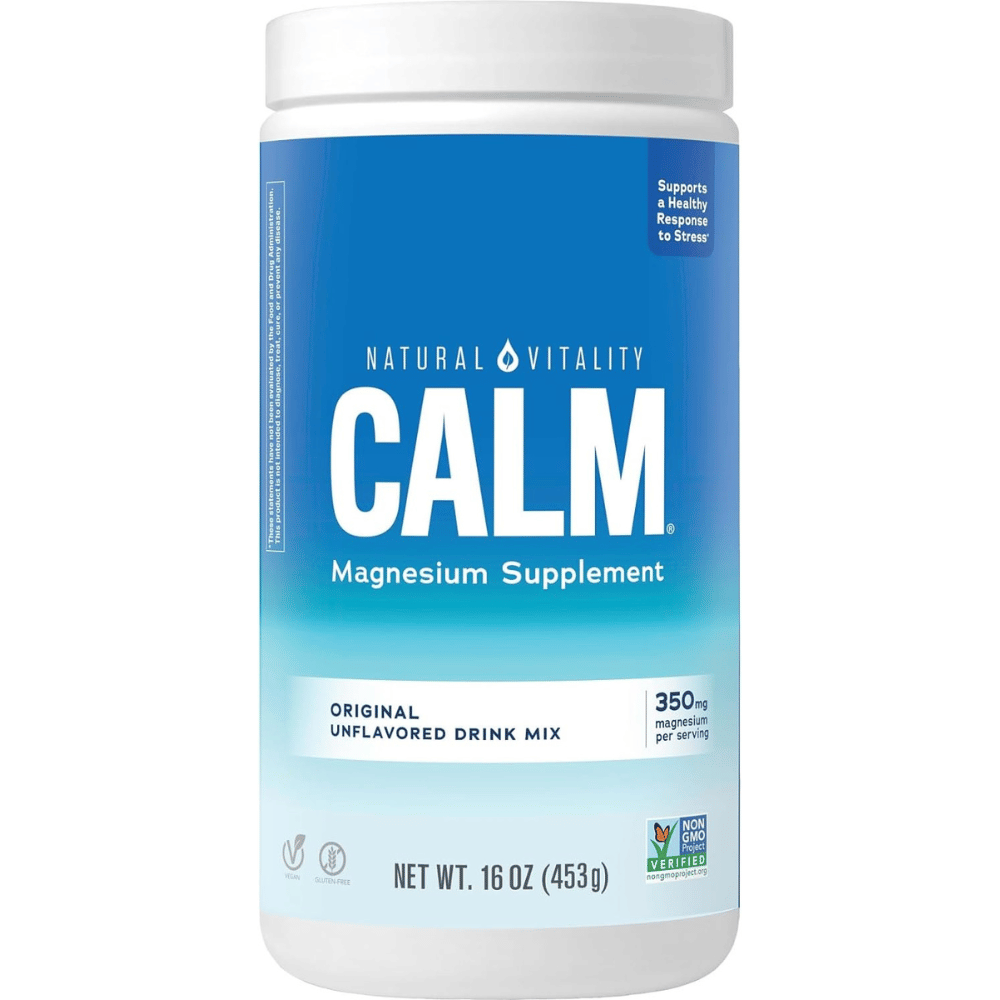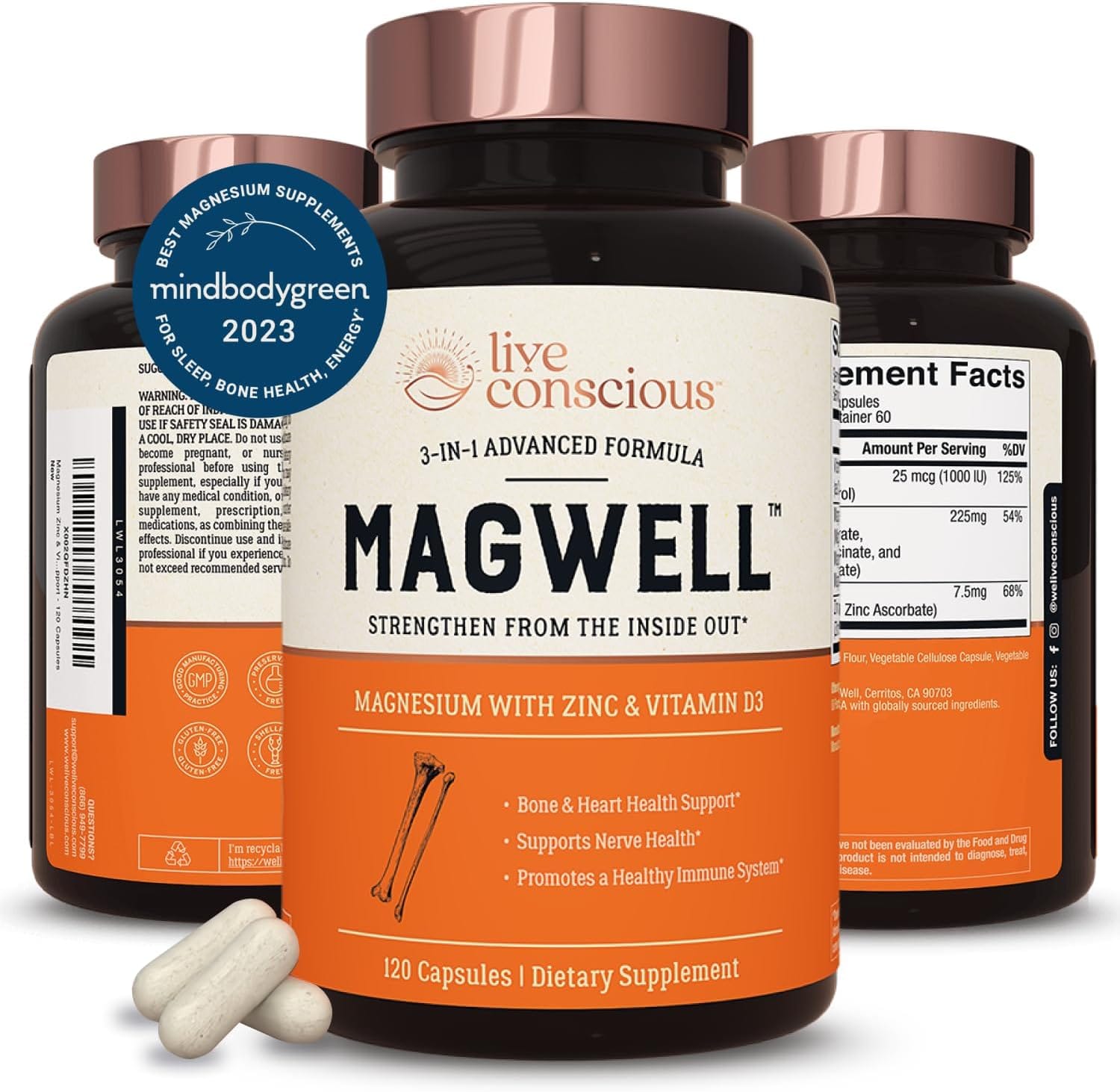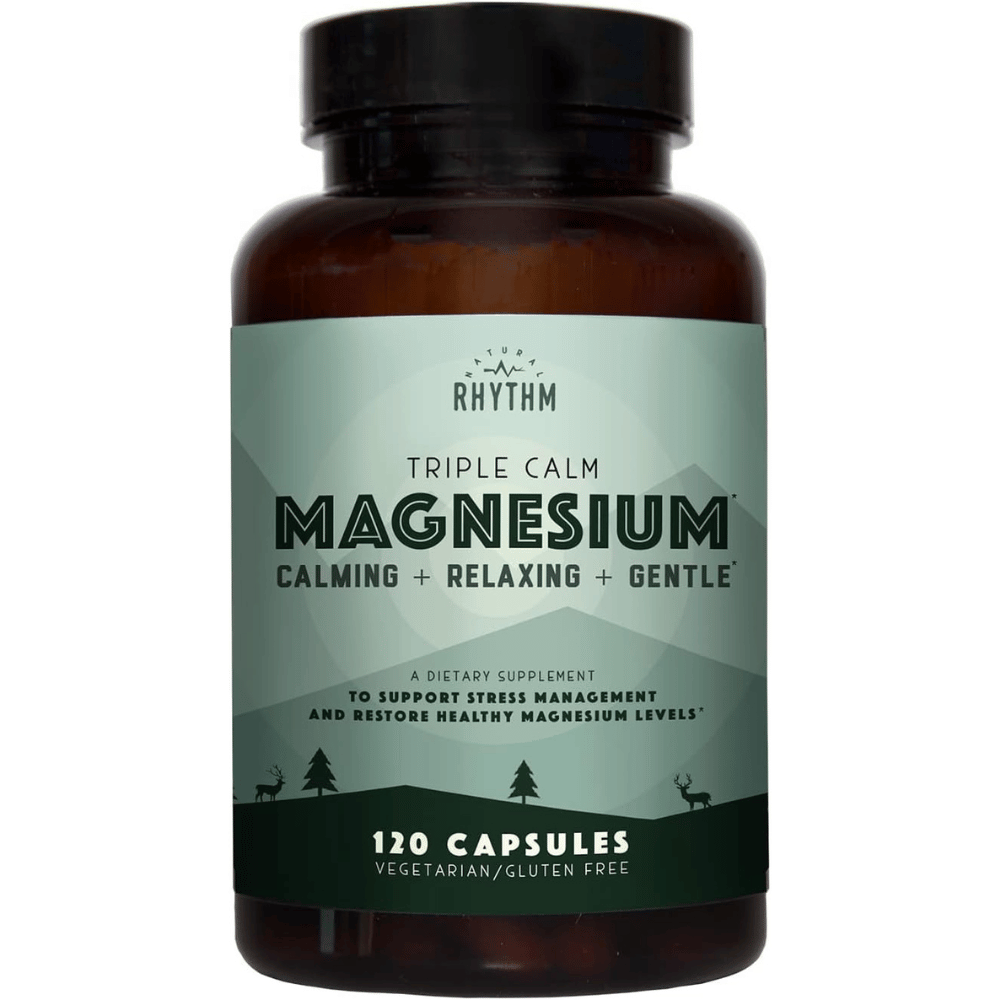Magnesium is a pivotal mineral that plays a crucial role in over 300 enzymatic reactions in the human body, including energy production, DNA synthesis, and muscle and nerve function. For those on a ketogenic diet, maintaining adequate magnesium levels can be particularly challenging due to restricted intake of high-carb, magnesium-rich foods. This review delves into the best magnesium supplements tailored for individuals following a keto diet, focusing on types, benefits, and practical usage.
Key Takeaways:
- Magnesium glycinate and magnesium citrate are top choices for keto dieters due to their absorption rates and gentle effects on the digestive system.
- Magnesium supplements can help maintain essential functions in the body, crucial for those on a keto diet.
- Choosing the right magnesium supplement involves considering bioavailability, type of magnesium, and individual health needs.
Why Magnesium Matters on a Keto Diet
The transition to a keto diet often involves a significant reduction in the intake of fruits, whole grains, and legumes, which are common sources of magnesium. This dietary shift can increase the risk of a magnesium deficiency, which might manifest as muscle cramps, fatigue, and irregular heart rhythms. Supplementing with magnesium ensures that keto dieters can avoid these pitfalls and enjoy a smoother metabolic switch to ketosis.
Magnesium Glycinate: The Gentle Choice
Magnesium glycinate is highly recommended for keto dieters. It combines magnesium with glycine, an amino acid that itself serves as a calming neurotransmitter. This form is particularly beneficial for those who need a supplement that is gentle on the stomach and does not cause diarrhea—a common side effect with other forms of magnesium. Its excellent bioavailability means that the body can absorb more magnesium, making it an efficient choice for replenishing depleted stores.
Magnesium Oxide: Budget-Friendly Efficiency
When diving into the world of magnesium supplements, Magnesium Oxide stands out as a cost-effective option that still packs a punch. Often overshadowed by its more popular cousins, this variant offers a high level of elemental magnesium per dose, making it an attractive choice for keto enthusiasts on a budget. It's particularly beneficial for those looking to maintain essential mineral levels without breaking the bank, ensuring that your keto journey is as affordable as it is healthy.
However, it's important to note that while Magnesium Oxide is economical, it may not be as easily absorbed as other forms like Magnesium Citrate or Glycinate. This means you might need a higher dose to achieve the same effects, which is crucial for keto dieters who need to manage their magnesium levels meticulously. For those who prioritize cost over absorption rate, Magnesium Oxide could be the silver bullet, helping maintain the delicate balance required in a ketogenic lifestyle.
The Role of Magnesium in Keto-Induced Sleep Enhancements
One of the unsung benefits of magnesium supplements, particularly for those on a ketogenic diet, is its impact on sleep quality. Magnesium has a well-documented reputation for improving sleep by helping to calm the nervous system, thus making it easier to fall asleep. For keto dieters, who often experience initial sleep disturbances like insomnia, a magnesium supplement can be a game-changer, ensuring that the body rests well while it adapts to a low-carb regimen.
Moreover, better sleep supports more effective weight loss and health improvements, which are often goals of the ketogenic diet. By incorporating a magnesium supplement into their routine, keto dieters can not only enhance their sleep but also improve their overall metabolic health. This dual benefit makes magnesium an invaluable ally in the quest for optimal wellness on a ketogenic diet, helping maintain both mind and body in prime condition.
Magnesium Citrate: Dual Benefits for Keto
Magnesium citrate, formed from magnesium and citric acid, is another excellent option for those on a ketogenic diet. It supports the digestive system by attracting water into the intestines, which can help alleviate constipation—a frequent complaint among those new to keto. Additionally, its bioavailability is comparable to that of magnesium glycinate, making it effective for increasing magnesium levels in the body.
How Magnesium Supplements Support Keto Dieters
Magnesium plays a vital role in energy production, a critical aspect for keto dieters as their bodies shift from using carbohydrates to fats for energy. A sufficient magnesium level helps optimize this metabolic change, reducing feelings of fatigue and lethargy. Moreover, magnesium aids in the synthesis of proteins, fatty acids, and glucose, processes that are crucial for maintaining a healthy weight and overall well-being while on a strict dietary regimen like keto.
Choosing the Right Magnesium Supplement
When selecting a magnesium supplement, keto dieters should consider the form of magnesium, dosage, and overall compatibility with their health needs. Magnesium glycinate and citrate are generally well-tolerated and highly effective, but it's important to start with a lower dose and gradually increase it to gauge how your body responds. Always consult with a healthcare provider before starting any new supplement regimen, especially if you have underlying health conditions.
How We Choose
Given the vast array of magnesium supplement options on the market, determining the most suitable one for individual needs can be challenging. Our team has conducted extensive research on numerous products to identify the top five magnesium supplements for keto. This effort is aimed at making the selection process for consumers easier, enabling them to find the appropriate magnesium supplement without having to guess or waste money on something that won't work.
We hope you find your next best buy from the list below! Each product was independently selected by our editors. BlakesBestBuys may collect a share of sales or other compensation from the links on this page if you decide to buy something (that's how we stay in business). Enjoy finding your next best buy!
The Best Magnesium Supplements For Keto On The Market

Best Magnesium Supplement For Keto Powder Drink Mix
Natural Vitality Calm Magnesium Citrate Powder
Kick off with a fan favorite, Natural Vitality Calm Magnesium Citrate Powder. This stress-relieving drink not only soothes your nerves but also aids your digestive system, making it a perfect companion for keto dieters.
Exclusive Insights:
- Form: Effervescent powder that dissolves easily in water.
- Flavor: Available in a variety of flavors, including raspberry-lemon.
- Benefits: Promotes relaxation and helps maintain healthy magnesium levels.
Customer Review: "I switched to keto last year and struggled with leg cramps until I found this gem. A glass before bed and I wake up feeling refreshed and cramp-free. Plus, the raspberry-lemon flavor is just a delight!" - Emily R.

Best Magnesium Supplement For Sensitive Stomachs
Doctor's Best High Absorption Magnesium Glycinate
Doctor's Best High Absorption Magnesium Glycinate utilizes a form of magnesium that's easier on your stomach and superb for absorption. It's ideal for those who are serious about reaping the benefits of magnesium without any digestive discomfort.
Exclusive Insights:
- Form: Tablet form, making it easy to take.
- Type: Uses magnesium glycinate, known for its superior absorption and gentle effect on the bowels.
- Benefits: Supports heart health and muscle function.
Customer Review: "Being on a keto diet, I needed something that wouldn't upset my stomach. This product was a game changer for me. No more digestive issues and my energy levels are stable!" - Mark D.

Best Magnesium Supplement For Bone and Immune System Health
Live Conscious Magwell Magnesium, Zinc & Vitamin D3
Live Conscious MagWell combines magnesium with zinc and vitamin D3, enhancing its effectiveness in supporting bone health and immune function. This trio works in harmony to ensure you're getting the most out of your keto lifestyle.
Exclusive Insights:
- Form: Capsule form for easy consumption.
- Ingredients: Includes zinc and vitamin D3 for added health benefits.
- Benefits: Enhances bone health and immune system function.
Customer Review: "I love how this supplement covers more than just magnesium needs. It's like getting a health boost in every capsule. Definitely helps maintain my energy on keto!" - Sarah T.

Best Magnesium Supplement For Keto And Mental Health
Natural Rhythm Triple Calm Magnesium
Triple Calm Magnesium targets stress and anxiety with a blend of three magnesium types: taurate, glycinate, and malate. Each type targets different aspects of health, making it a comprehensive choice for mental and physical well-being.
Exclusive Insights:
- Form: Easy-to-swallow capsules.
- Blend: Unique blend of three magnesium types for maximum benefit.
- Benefits: Aids in stress reduction and improves sleep quality.
Customer Review: "The name says it all - Triple Calm really keeps me balanced and calm. It's been a lifesaver on my keto journey, especially during stressful days." - Josh C.

Best Magnesium Supplement For Muscle And Heart Health
Solgar Magnesium Citrate
Known for its high-quality supplements, Solgar’s Magnesium Citrate is highly bioavailable and particularly beneficial for those on a keto diet looking to support their muscle and nerve functions.
Exclusive Insights:
- Form: Easy-to-absorb citrate form.
- Effectiveness: High bioavailability means more magnesium gets used by your body.
- Benefits: Great for muscle relaxation and maintaining heart rhythm.
Customer Review: "Solgar has always been my go-to for supplements, and their magnesium citrate doesn’t disappoint. It keeps my muscles relaxed after workouts and fits right into my keto regimen." - Denise L.
Summary
Choosing the best magnesium supplement for keto involves considering factors like bioavailability and your digestive health. Magnesium glycinate and citrate stand out as top choices due to their high absorption rates and additional health benefits. Remember, maintaining an adequate magnesium level can significantly enhance your keto experience by improving overall health and stabilizing energy levels.
FAQ’s
Can I get enough magnesium from food while on keto?
While possible, the restrictive nature of the keto diet makes it challenging to meet magnesium needs through food alone, making supplements a practical option.
Are there any risks to taking magnesium supplements?
Magnesium supplements are safe for most people but can cause gastrointestinal upset in some. It's best to start with a small dose and increase gradually.
How quickly will I see benefits from taking magnesium on keto?
Benefits such as improved sleep quality and reduced muscle cramps can be noticed within a few weeks of consistent magnesium supplementation.
What to avoid when taking magnesium citrate?
If you notice symptoms of overuse, such as diarrhea, abdominal pain, decreased weight, or weakness, contact your doctor promptly. Avoid taking tetracycline/quinolone antibiotics (such as doxycycline, tetracycline, ciprofloxacin) within 2 hours before or after this product.
What type of magnesium should you take on keto?
Supplementing with magnesium can help reduce muscle cramps, difficulty sleeping and irritability — all symptoms commonly experienced by those transitioning to a ketogenic diet. Some of the most absorbable forms of magnesium include magnesium glycinate, magnesium gluconate and magnesium citrate.
What type of magnesium should I take for weight loss?
Which type of Magnesium is best for weight loss? Research indicates that magnesium citrate is the most effective form for supporting weight loss. Magnesium citrate has high bioavailability, which means the amount your body can absorb and use for ready absorption and provides added benefits like relieving constipation.
Is 400mg of magnesium glycinate too much?
The Recommended Dietary Allowance (RDA) for magnesium depends on your age and sex, but a healthy range is about 300–420 mg/day for most adults.







